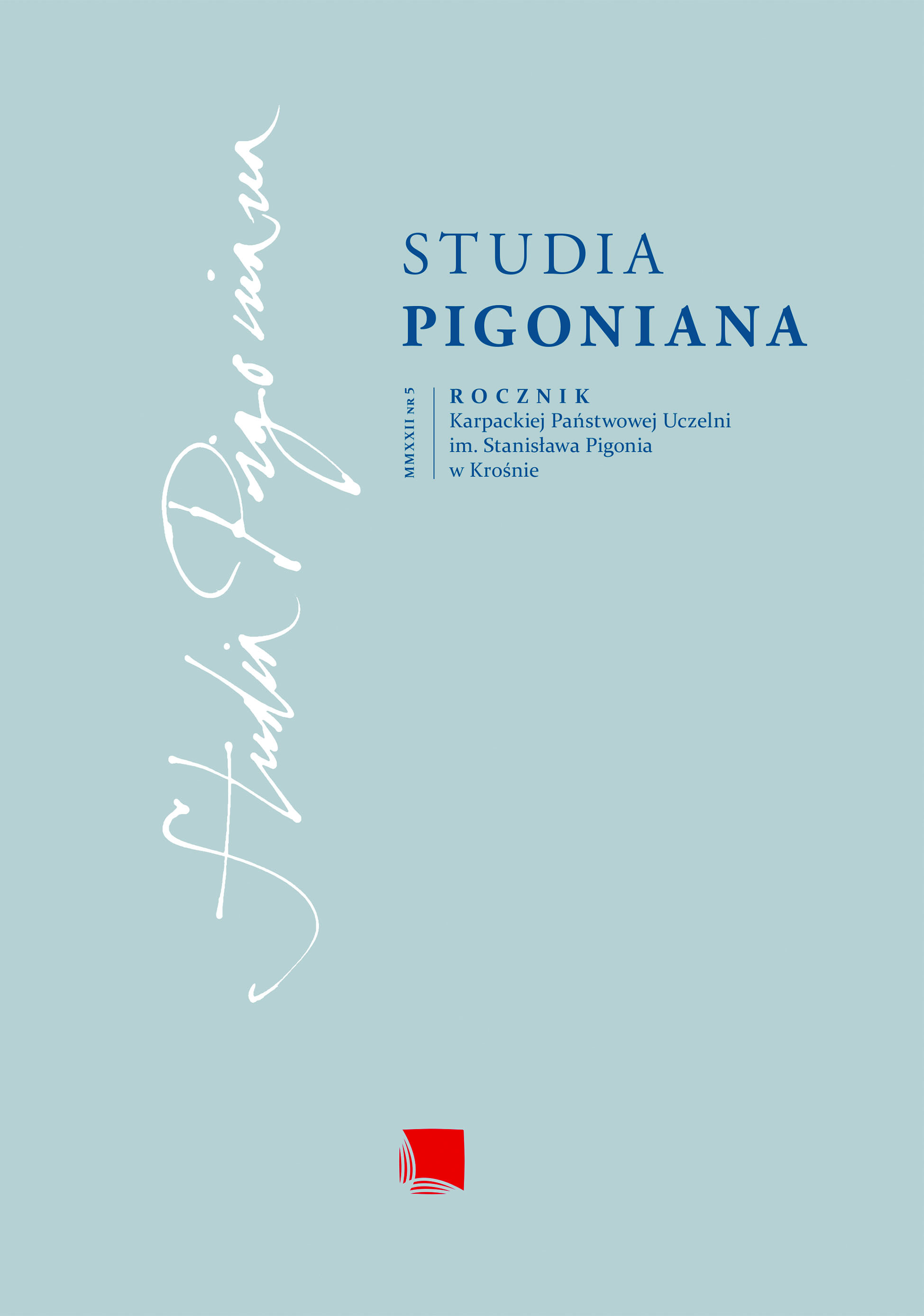Gustaw Herling-Grudziński –
Michaił Heller.
Gustaw Herling–Grudziński – Mikhail Heller.
Correspondence in the years 1972–1994
Author(s): Jędrzej PiekaraSubject(s): Language and Literature Studies, Literary Texts, Studies of Literature
Published by: Wydawnictwo Naukowe PIGONIANUM
Keywords: Michel Heller; Gustaw Herling-Grudziński; correspondence; emigration; Literary Institute; “Kultura”
Summary/Abstract: The compiled collection of letters from Gustaw Herling-Grudziński and Mikhail Heller is onlya small testimony to the relationship between these two outstanding intellectuals – a Polishand a Russian emigrant. Both of them were very strongly experienced by the repressive Sovietsystem, but in both of them we find a strong fascination with the Russian culture, mentality – maybe even “civilisation”. It is not surprising, then, that they found common topics fortalks and disputes, had the same friends, and read the same books. In a sense, each of themfound in the other person a kind of “soul mate”, an intellectual partner and finally a friend.Correspondence played a rather complementary and additional role in their relationship, itwas only one of the many available methods of contact. They both met frequently in Parisand Italy, the “Russian dinners” with Mikhail and Eugenia Heller became famous, whichHerling remembered very fondly. The author of the “Inny Świat”, as a co–creator and oneof the most important people in the editorial group of “Kultura”, also had constant contactwith Heller – an author who printed monthly reviews of the Soviet press in the periodicalof the Literary Institute. The Polish émigré also wrote two forewords to the Russian’s books.An important element in the correspondence – and probably also in their lives – was themutual mediation in contacts with the third parties: by providing leads, letters, articles orpress clippings.Despite the fact that the correspondence is “defective”, containing obvious “holes” (whetherit is caused by the loss of the letters or simply the interruption of their exchange), the correspondence shows how the acquaintance of Mikhail Heller and Gustaw Herling-Grudzińskievolved. It is an important source for recreating the excerpts from the biographies of both ofthem and – in a broader context – tells us a bit about the relations within the community of“Kultura” and the contacts of this community with the Russian emigration.
Journal: Studia Pigoniana
- Issue Year: 5/2022
- Issue No: 5
- Page Range: 61-85
- Page Count: 25
- Language: English, Polish

